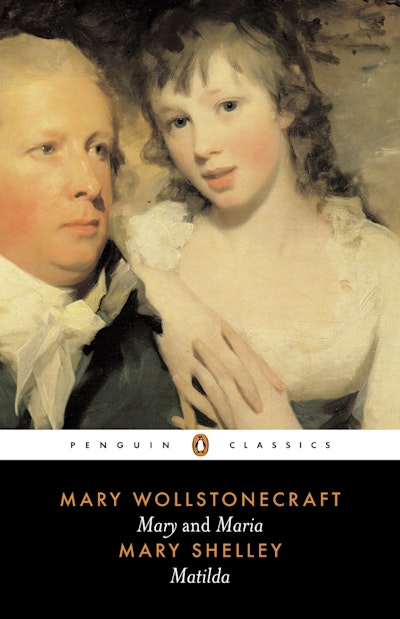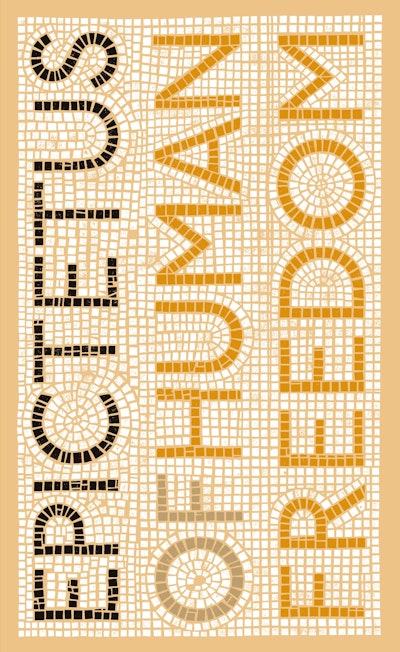- Published: 29 September 2008
- ISBN: 9780140449464
- Imprint: Penguin Classics
- Format: Paperback
- Pages: 304
- RRP: $26.99
Discourses and Selected Writings
New translation for Penguin Classics
Epictetus, a Greek stoic and freed slave, ran a thriving philosophy school in Nicropolis in the early second century AD. His animated discussions were celebrated for their rhetorical wizardry and were written down by Arrian, his most famous pupil. Together with the Enchiridion, a manual of his main ideas, and the fragments collected here, The Discourses argue that happiness lies in learning to perceive exactly what is in our power to change and what is not, and in embracing our fate to live in harmony with god and nature. In this personal, practical guide to the ethics of stoicism and moral self-improvement, Epictetus tackles questions of freedom and imprisonment, illness and fear, family, friendship and love, and leaves an intriguing document of daily life in the classical world.
- Published: 29 September 2008
- ISBN: 9780140449464
- Imprint: Penguin Classics
- Format: Paperback
- Pages: 304
- RRP: $26.99
Other books in the series
About the author
Epictetus (c. 55-135 AD) was a teacher and Greco-Roman philosopher. Originally a slave from Hierapolis in Anatolia (modern Turkey), he was owned for a time by a prominent freedman at the court of the emperor Nero. After gaining his freedom he moved to Nicopolis on the Adriatic coast of Greece and opened a school of philosophy there. His informal lectures (the Discourses) were transcribed and published by his student Arrian, who also composed a digest of Epictetus' teaching known as the Manual (or Enchiridion). Late in life Epictetus retired from teaching, adopted an orphan child, and lived out his remaining years in domestic obscurity. His thought owes most to Stoicism, but also reflects the influence of other philosophers, Plato and Socrates in particular.






























































































































































































































































































































































































































































































































































































































































































































































































































